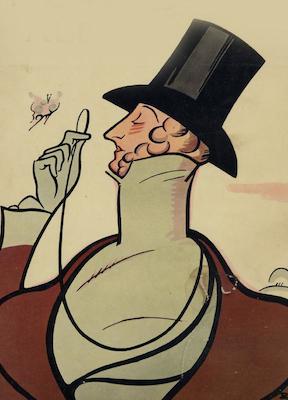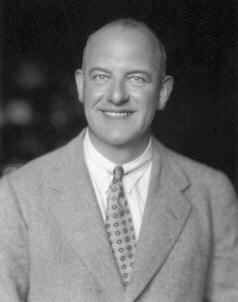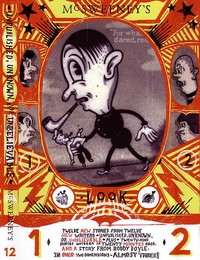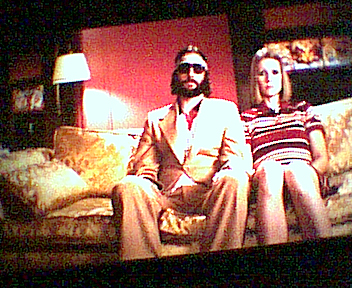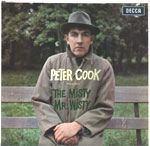Deadpan Walking

In the realm of silent comedy, Chaplin is the most famous, but Buster Keaton is the funniest. In fact, Keaton is hilarious. My favorite Keaton films are Seven Chances and Sherlock, Jr.
Here's what Roger Ebert has to say about Keaton.
An excerpt:
I'm immersed in his career right now, viewing all of the silent features and many of the shorts with students at the University of Chicago. Having already written about Keaton's "The General" in this series, I thought to choose another title. "The Navigator," perhaps, or "Steamboat Bill, Jr.," or "Our Hospitality." But they are all of a piece; in an extraordinary period from 1920 to 1929, he worked without interruption on a series of films that make him, arguably, the greatest actor-director in the history of the movies.
Three Buster Keaton movies made AFI's list of the one hundred funniest American movies: The General (18), Sherlock, Jr. (62), and The Navigator (81). (Keaton is also in It's a Mad, Mad, Mad, Mad World (40), but that's not really a Buster Keaton movie.)

